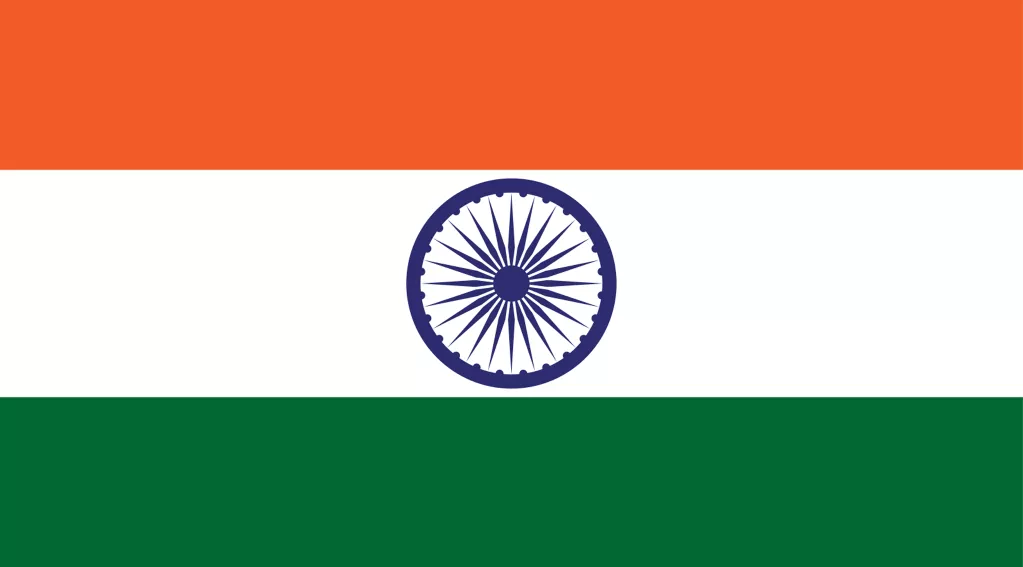Why India Cannot Win with Open Borders Advocates

In March 2024, India announced plans to allow religious minorities from Afghanistan, Pakistan, and Bangladesh who have fled to India to apply for Indian nationality. This gesture is a magnanimous one that offers protection to some of the most persecuted people in the world. However, far from commending India, open borders voices in the West have denounced the laws as “controversial” or even “discriminatory” as it only applies to religious minorities and not the majorities. However, the minorities in those countries certainly need the help.
Afghanistan, Pakistan and Bangladesh are some of the worst perpetrators of religious persecution in the world. Afghanistan is run by the Taliban, whose brutality and intolerance needs little introduction or elaboration. Pakistan has been under Sharia law since its former military government declared it so in 1991, and allowed Osama Bin Laden to live yards from its main military school for years after the 9/11 attacks. Bangladesh, while slightly less intolerant than Afghanistan and Pakistan, still has a worrying disdain for religious minorities. This includes the murder of a pro-religious liberty blogger in 2016 and more recently, the destruction of multiple Hindu temples in apparently coordinated attacks in early 2023.
Religious minorities in Afghanistan, Pakistan, and Bangladesh have few rights or protections in law. They are routinely persecuted, jailed and sometimes even killed. This includes in mob violence. It has to be said that given the genuine climate of intolerance and danger, and the fact the authorities in those countries seem unmoved by this (sometimes even carrying it out) one could forgive those minorities for wanting to leave. By providing them with Indian citizenship, India has allowed genuinely persecuted people to move to a place within the same region, with similar languages and cultures, but where they can live in peace and tolerance. The Indian Constitution enshrines religious liberty to underline this.
The best place for genuine refugees is in countries in their home region. A refugee from the Indian subcontinent is best settled in another country in the subcontinent. India shares strong cultural and historical links with Pakistan and Bangladesh in particular, and the native languages of those countries are also official in India. Bengali speakers from Bangladesh will integrate easily into Bengali-speaking parts of India. Genuine refugees integrate much more readily in countries more similar to their home, rather than in far-off nations with major cultural and linguistic differences. Unfortunately, those charged with U.S. immigration policy disagree.
In the American context, we see how those claiming asylum, such as Venezuelans, could and should be resettled in other Spanish-speaking parts of the Americas. Indeed, millions of Venezuelans were already settled in other South American countries like Colombia, until the Biden Administration began bringing them into the U.S., where their integration, or lack thereof, has been a serious challenge. These challenges range from language barriers and welfare usage, to crimes committed by Venezuelans, such as the gang beating of NYPD officers in Times Square, or the murder of Laken Riley by an illegal Venezuelan in Georgia.
India is the world’s largest democracy, but its open-hearted gesture, and the disdainful response of open borders advocates to it, serve as a warning to Americans that no equivalent gesture by Americans would ever be enough. Open your borders to genuinely persecuted people and you will be attacked as “controversial” or “discriminatory.” No gesture, however kind, will ever be enough for the open-borders advocates.

